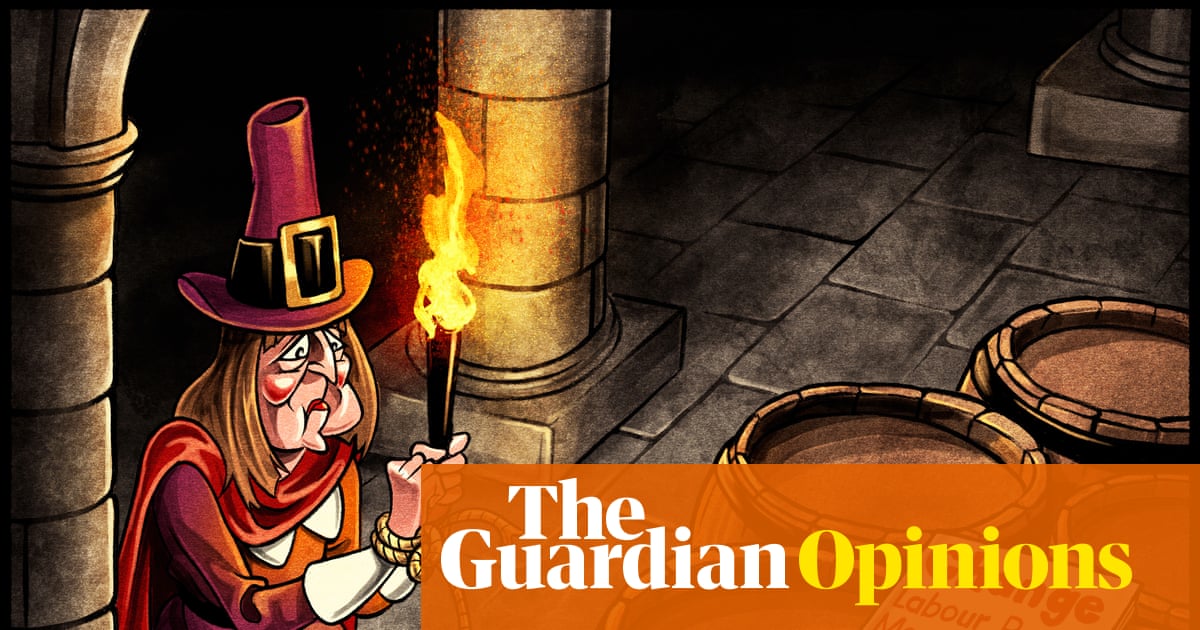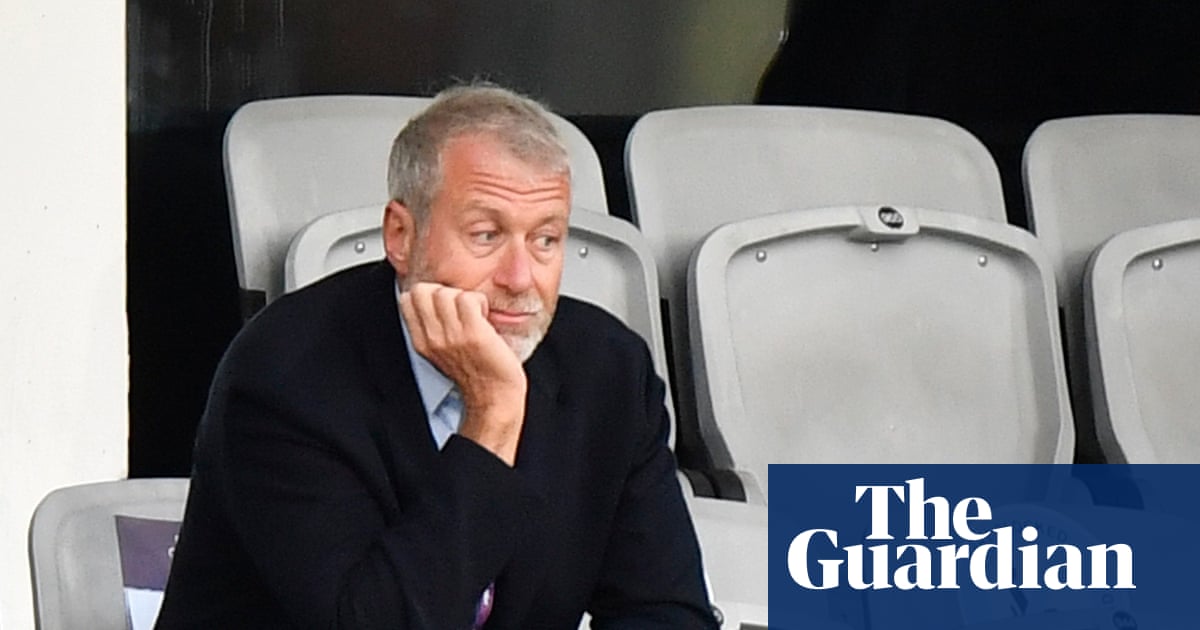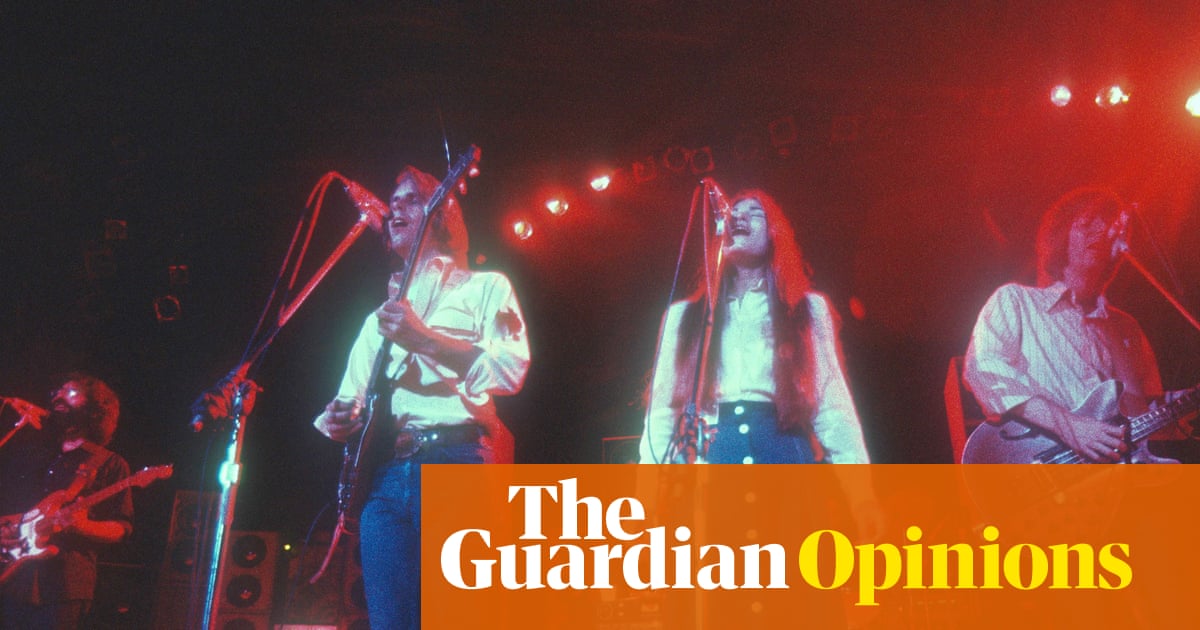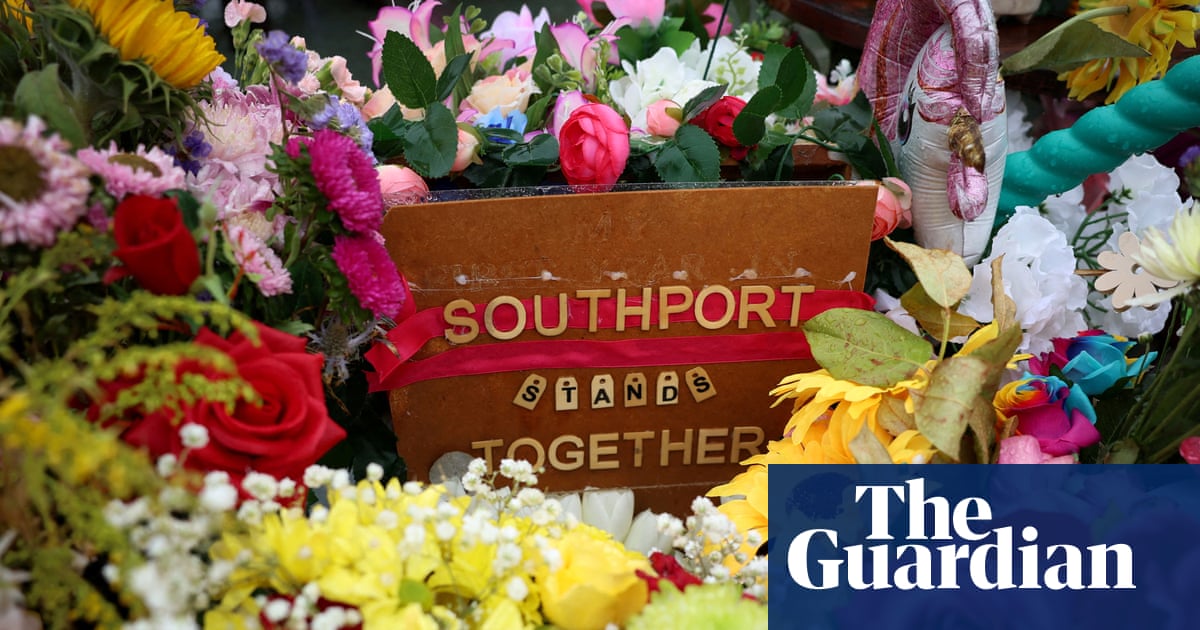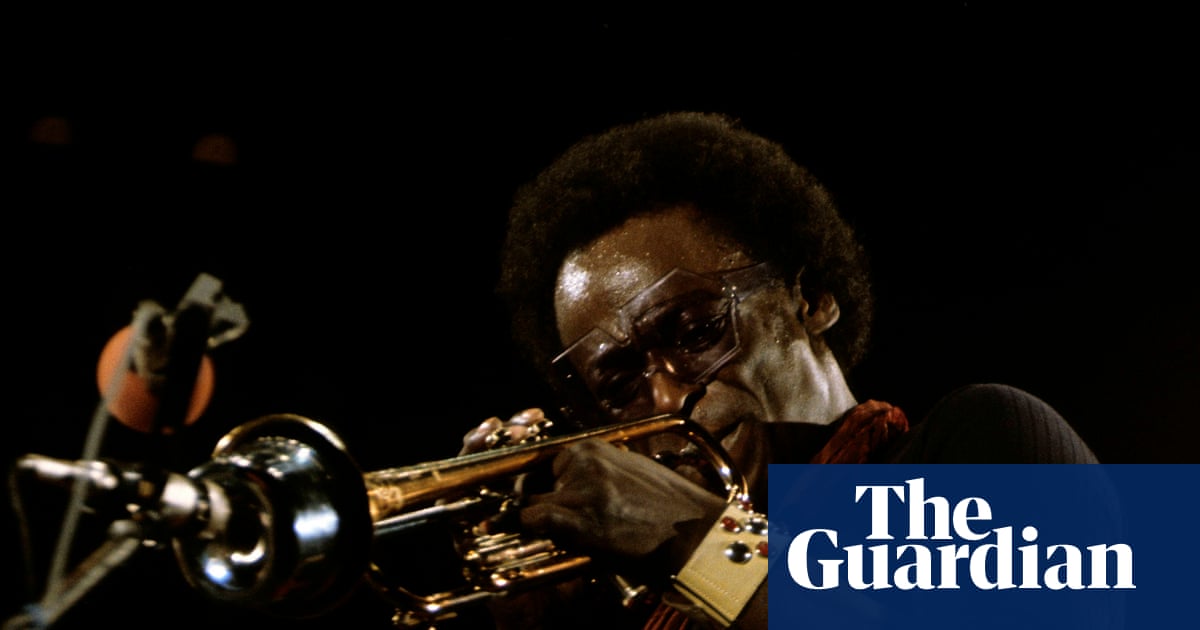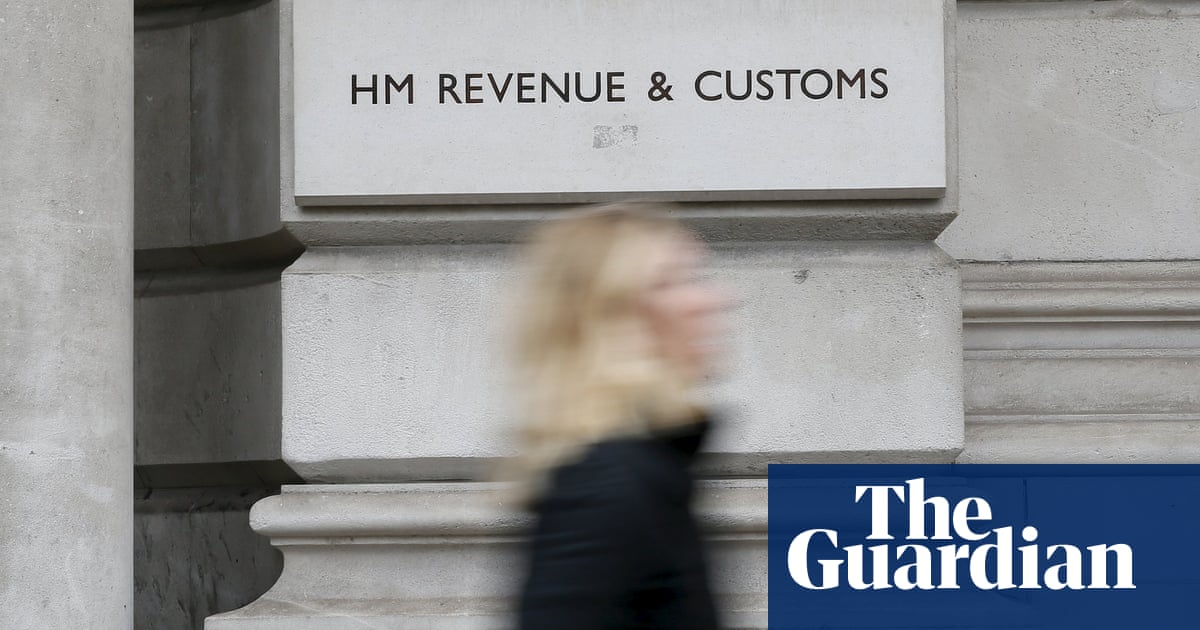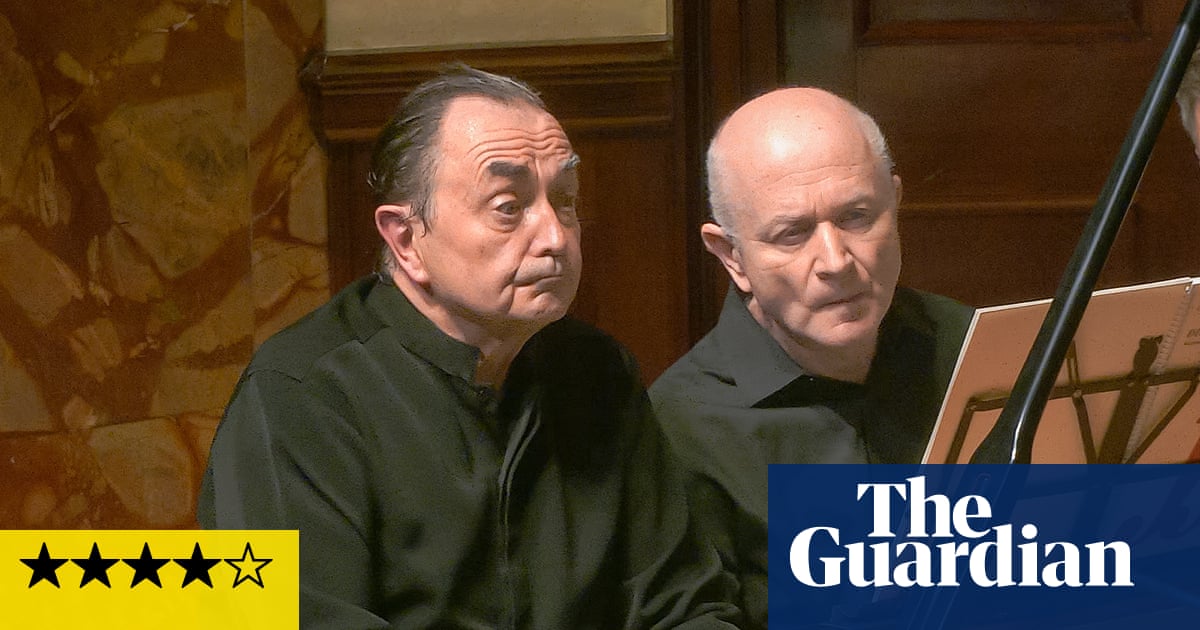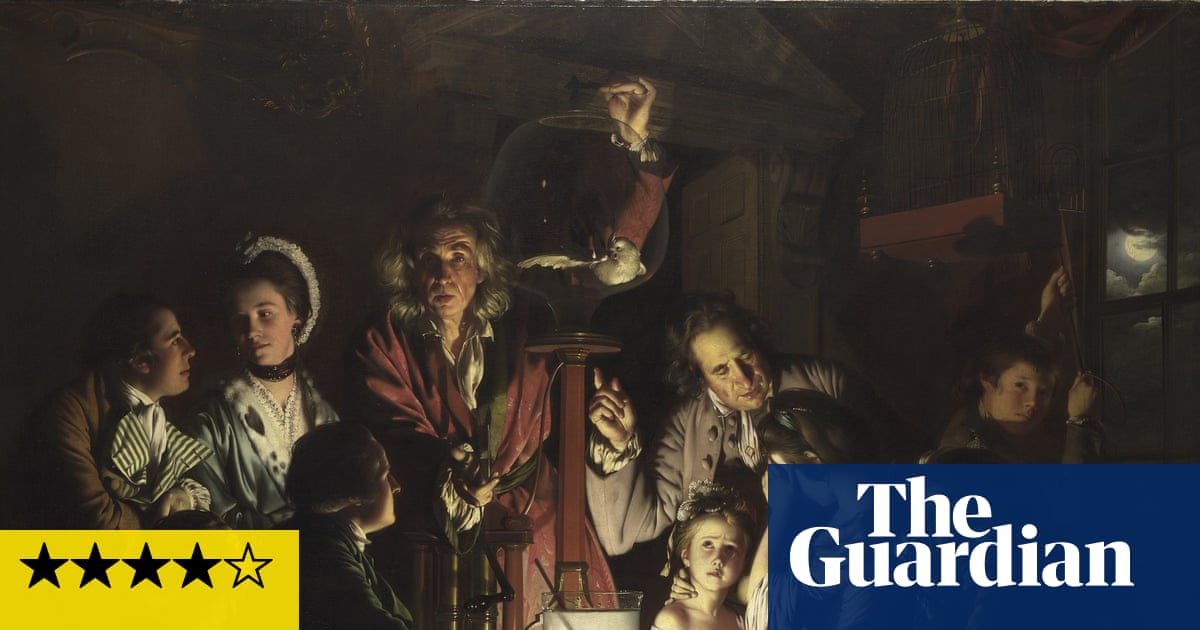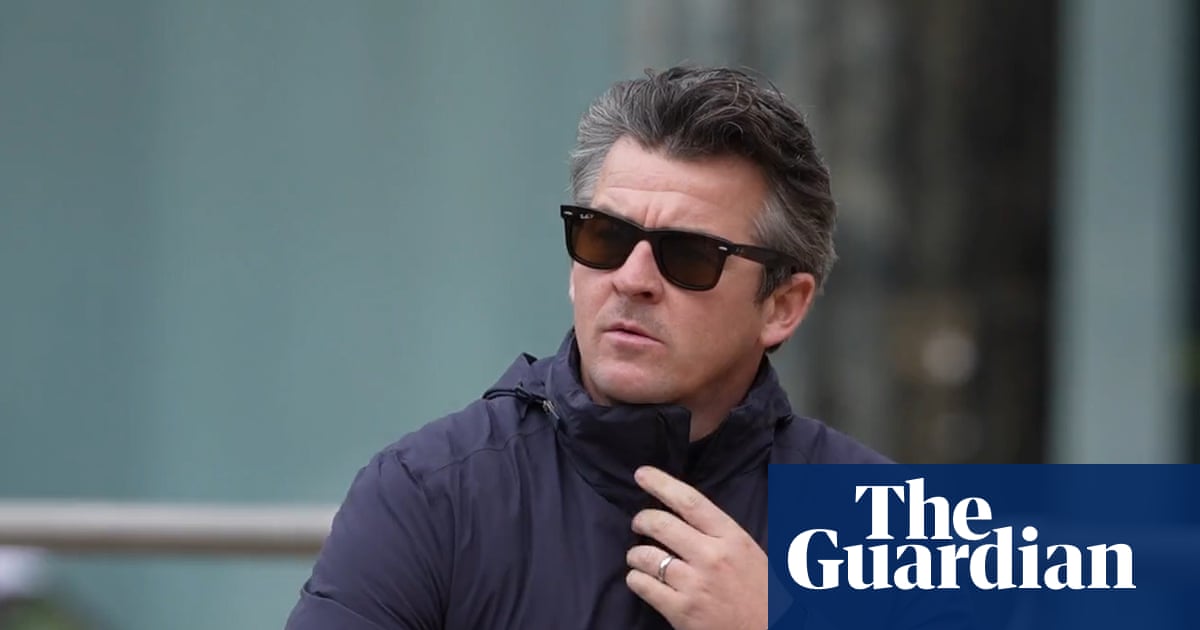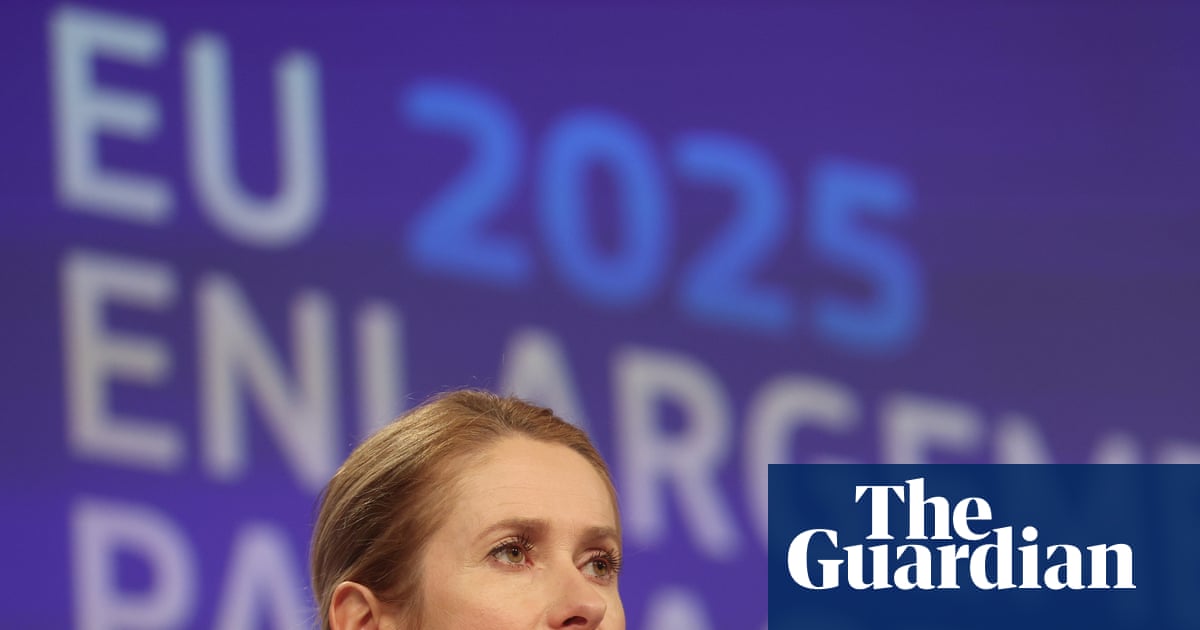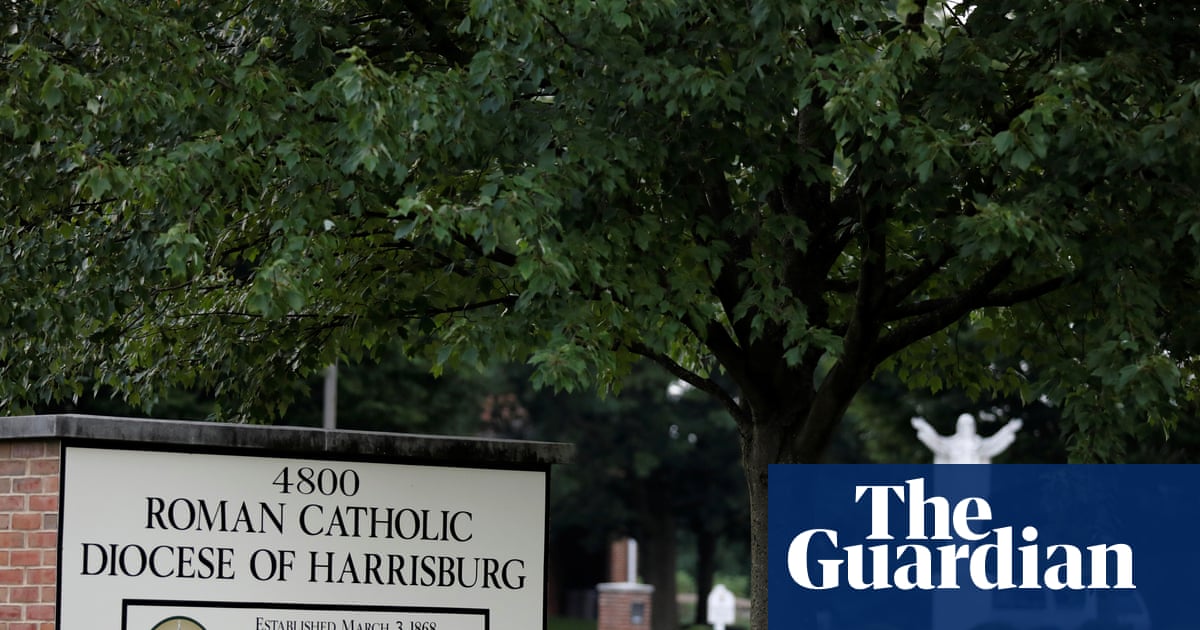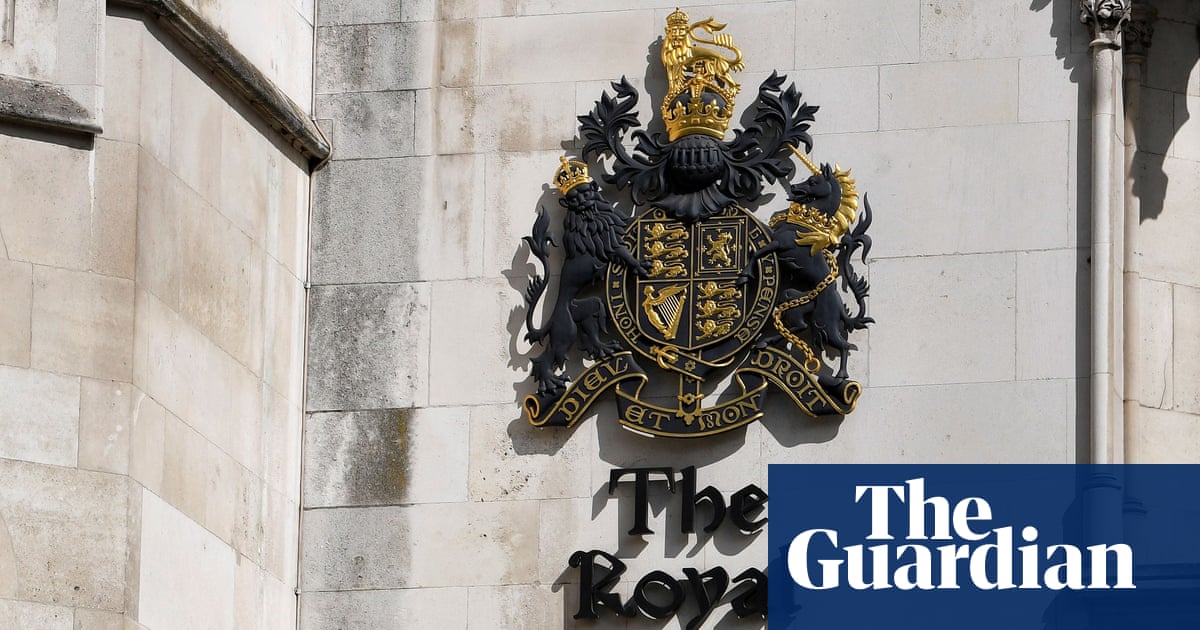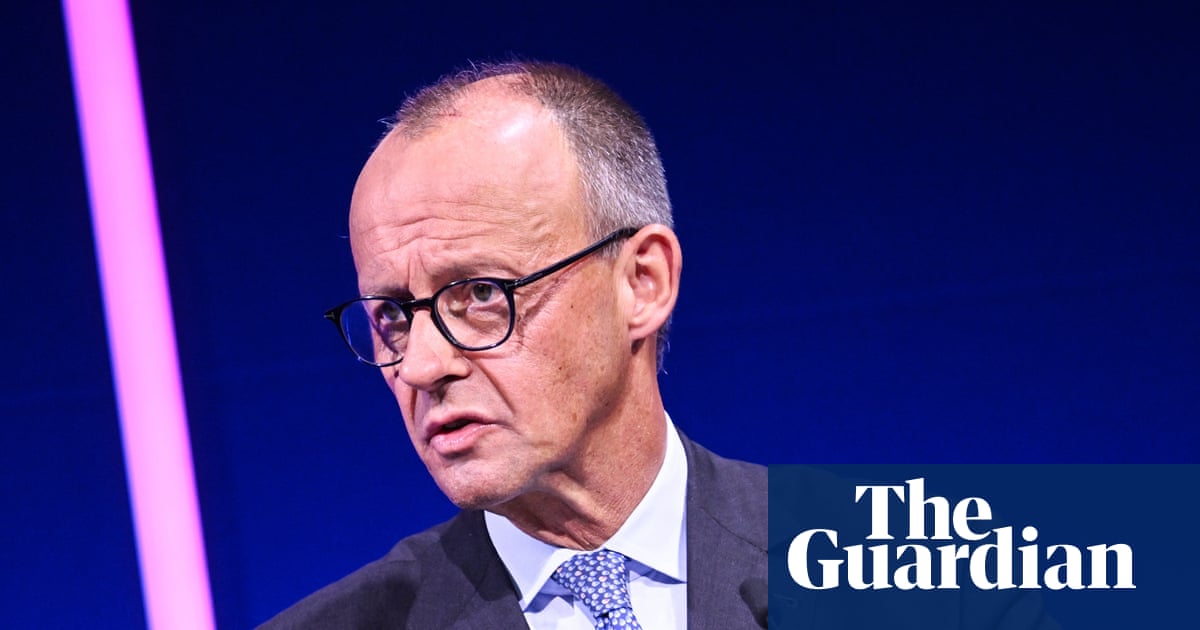As the French government faces likely collapse in a confidence vote on Monday, plunging the eurozone’s second biggest economy and key diplomatic power into a domestic political crisis, Jonathan Denis, a 42-year-old a bank manager and health rights campaigner, was concerned about the terrible impact it will have on France’s dying and terminally ill.
The centrist president Emmanuel Macron had promised assisted dying and improved palliative care would be the biggest social reform of his second term but the bill, which had been scheduled to go before the senate next month, now risks being delayed once more by the unpredictable revolving door of four prime ministers in just over three years.
“Sick people who are suffering and want a form of assisted dying because they can’t cope, will find this catastrophic – if they have the money, they’ll have to travel to Switzerland, if they’re physically able, they’ll go to Belgium or people will violently take their lives, which unfortunately is often the case in France,” Denis said.
Denis’s father, a laboratory technician in rural eastern France with terminal cancer, chose to end his life through illegal, clandestine euthanasia in 2008 – “I was plunged into grief while having to keep the secret about how he died,” Denis said. Now he leads the campaign for assisted dying and palliative care, as president of the Association for the Right to Rie with dignity. It is a sign of France’s troubled and patchy health service that 20 départements across France don’t even have a dedicated palliative care unit. This has come to symbolise how Macron, despite his diplomatic efforts on the world stage, is facing political deadlock at home.
On Monday, the centrist French prime minister François Bayrou, a 74-year-old tractor-driving southwestern politician who calls himself a consensus-builder, is expected to be ousted in a confidence vote, which will bring down his minority government after only nine months. The previous prime minister, the rightwing former Brexit negotiatior, Michel Barnier, lasted only three months before he too was brought down by parliament last December.
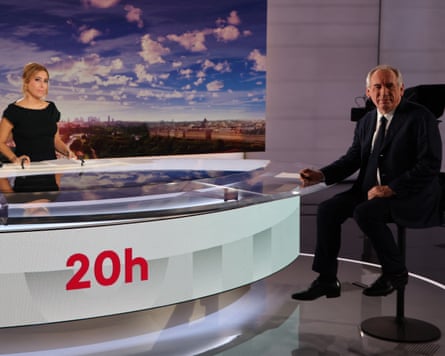
On the surface, the reason for Bayrou’s fall is the budget. His unpopular €44bn (£38bn) debt-reduction plan, including scrapping two public holidays and freezing most welfare spending, was widely rejected across the political class. He knew parliament would impose a sanction on him over it this autumn, so he chose to jump first.
But the French political crisis goes much deeper. It is about the damaged relationship between the people and their politicians, which looks likely to sour the country’s politics until the 2027 presidential election and beyond as the far right remains a potent force. “There is a broad anger towards political leaders who are seen as not bringing any benefit to the people … who are seen as playing more for their political future than the country’s,” said Mathieu Gallard, research director at Ipsos pollsters.
A majority of Assembly members will vote against the government, according to their party leaders
Source: Assemblée Nationale and press reports
A Verian poll for Le Figaro magazine this weekend found only 15% of French people trust Macron to resolve the political crisis. The president, as head of state with authority on foreign policy and national security, directly appoints a prime minister to run domestic affairs. But there is no obvious, consensual figure to replace Bayrou. Any new pick from Macron’s centre or the centre-left could face a similar ousting. The president could instead call a snap parliamentary election but this is less likely, and any vote could be inconclusive. “Nothing shows that in an election there would spontaneously be a majority of left or right which would fix the problem,” said Luc Rouban, of the Cevipof political research centre at Sciences Po university.
Meanwhile, the far-right the National Rally is using the time to build support among France’s business community, which is increasingly open to it amid worries over the country’s instability. Edwige Diaz, a National Rally MP in Gironde in the west of France, had been meeting business leaders in Bordeaux and canvassing voters. She said: “Bayrou’s confidence vote is seen by our supporters as a source of hope.” The party was preparing in case of a new election, she said: “And this time, we have the firm intention of winning it, which would mean that potentially, four weeks from now we could be in power.”
In his Yvelines constituency west of Paris, Benjamin Lucas, a leftwing MP for the small party, Génération.s, which is linked to the Greens, was canvassing at markets and preparing election leaflets in case a snap election was called. In last year’s parliamentary election, he beat a far-right candidate in his constituency when the left formed an alliance to block the far-right across France, but that left alliance is under strain.
“This crisis, and the anger French people are feeling, is feeding the far right,” -Lucas said. “So we’re in a very risky situation … Either the left is united and it can stop the advance of the far right and also win an election, or we’re divided … and there’s a fear of France having a far-right government one day, which would shake all of Europe.” He said it was wrong to think a far-right win in France would be shortlived. “Look at [Italy’s] Giorgia Meloni, who is strongly installed in power, and [the US president] Donald Trump, who was re-elected,” he said.
The root of the French political crisis goes back to Macron’s much misunderstood decision to call a snap election last June. When he was elected president in 2017 he had a large parliament majority for his pro-business, pro-Europe stance, but on re-election in 2022 he fell short of an absolute majority, limiting his ability to pass legislation. So he decided to make a sudden gamble on trying to win back the national assembly in a snap legislative election last year. But he called the vote at a very risky time when his largest opponents, Marine Le Pen’s far-right the National Rally – who he had called racist, xenophobic and dangerous to France – were at their highest ever point after winning European elections.
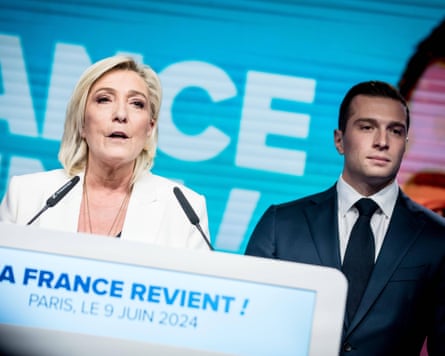
The campaign was divisive and the results were inconclusive: a hung parliament split between three groups. A left alliance won the most seats, but fell far short of a majority. The far-right National Rally won the most votes and became a force to be reckoned with, but did not have a majority. Macron’s centrist grouping lost seats but were still present.
What resulted was came to be known as the “coalition of the losers” and has badly damaged trust in politics in France. Macron did not choose a prime minister from the left, which had the largest number of seats, or the far right, which had the largest number of votes, but instead chose Michel Barnier, from the traditional right, Les Républicains, whose party had a tiny showing. A government was formed from a mix of Macron’s diminished and unpopular centrists and the small traditional right, and continued under Bayrou. It came to symbolise power being given to those who came last. The voter turnout last year was the highest for decades, but people felt the result was ignored.
The price is still being be paid for this, not just with Bayrou’s predicted fall, but with a protest movement next week known as Block Everything, which could mean roads and businesses barricaded amid street demonstrations, which will be followed by union-led hospital and rail strikes in coming weeks. The government fears a re-awakening of the gilets jaunes (yellow vest) anti-government protest movement in 2018 and the 2023 demonstrations against Macron’s increase to the pension age.
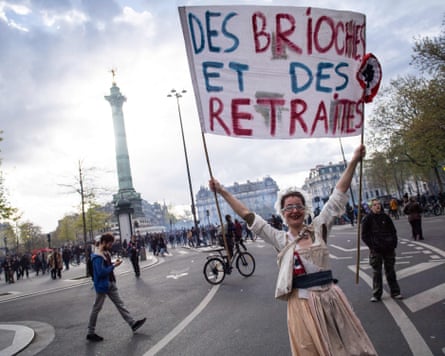
Sofia Tizaoui, 17, who heads the USL lycée students’ union said high schoolers would also be out blockading schools. She said young people were worried about their education and making ends meet but also democracy: “Emmanuel Macron did not respect last year’s parliament vote, and so the feeling of resentment had been growing long before the budget became an issue,” she said.
Many of the protesters organising online have spoken of economic injustice. While France’s strong social security safety net had traditionally counterbalanced the gaping inequality in some of its European neighbours, research has shown poverty in France is increasing, while the growing concentration of inherited wealth has sparked comparisons to 19th-century France.
Marion Carrel, sociology professor at the University of Lille, said there was a feeling in France of “the little people versus the big”, which gave a “pre-revolutionary” atmosphere to the preparations for protests, even if she felt not everyone struggling to make ends meet would take to the streets. “There’s a strong anger at not being listened to, and a feeling that politics is going nowhere,” she said.
Macron has ruled out resigning – there is too much at stake on the international stage with Ukraine and the Middle East. But calls for him to go have come not just from the left’s Jean-Luc Mélenchon, but also from some on the more traditional right.
Politicians on all sides feel their only hope is to harness the anger. Béatrice Bellay, a Socialist MP on the island of Martinique, where there have been protests over the high cost of living, with prices far greater than in mainland France, said: “There is something in the general atmosphere, which is not just French, but almost global: a kind of cold anger because people see an ultra-free-market capitalist system crushing people and making their life all about survival. There’s a sense of injustice and that something is wrong with the system.”

 1 month ago
39
1 month ago
39
